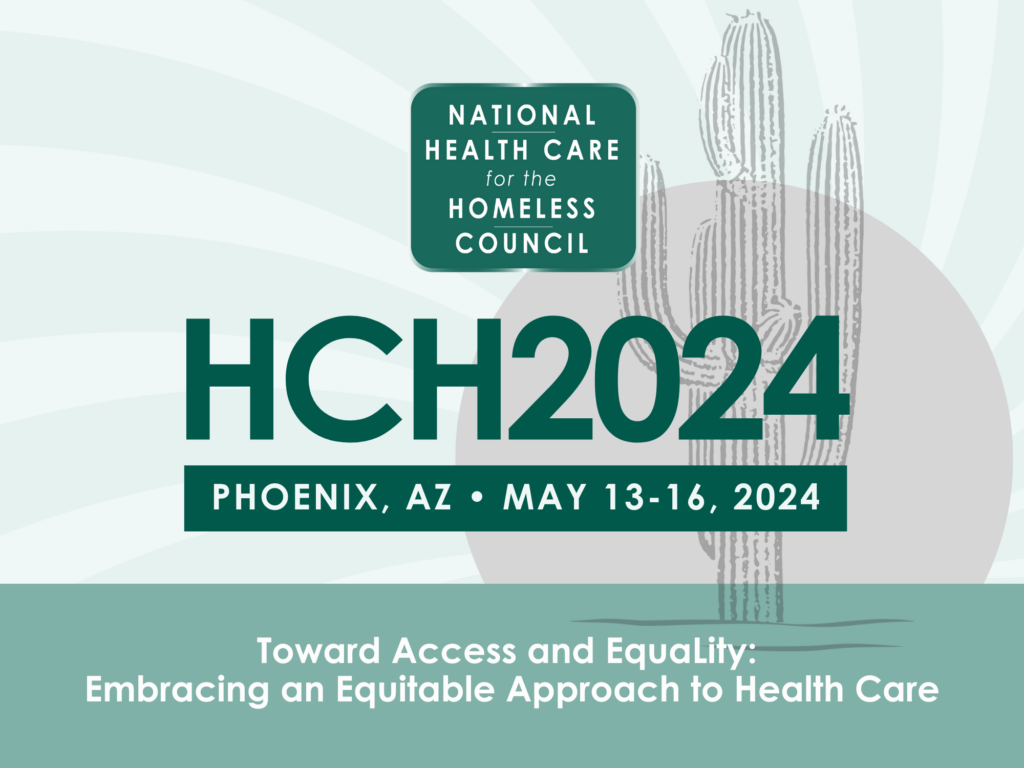Integrated Care Permanent Supportive Housing: A Promising Alternative for Chronic Homelessness
Homelessness is a complex problem that affects individuals, communities, and healthcare systems. This session will cover an integrative care program designed for those experiencing chronic homelessness, which is characterized by long-term or repeated episodes of homelessness associated with complex medical conditions. Providing stable housing and support services effectively addresses chronic homelessness and improves health outcomes. […]

